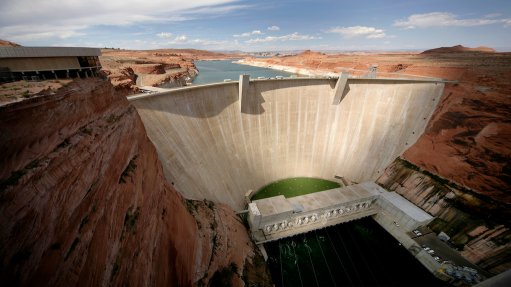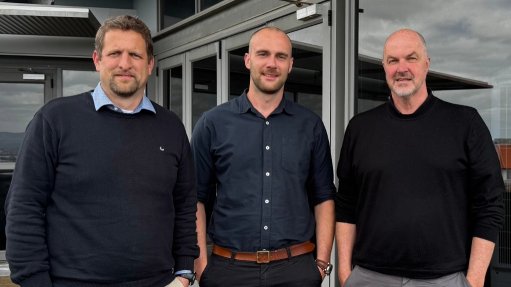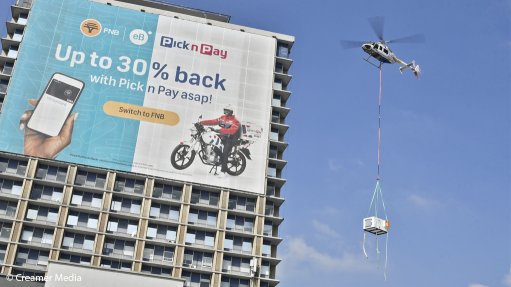Beware the fire starter
This article has been supplied.
By John Raptakis Offer Marketing CLD, CLS & FD, Home & Distribution Business, Schneider Electric
Commercial and industrial property buildings are faced a with a number of fundamental challenges when ensuring the safety of people and their facilities. One of the biggest challenges is the fire and surge hazards which have the potential to cause critical damage and worse, loss of life.
It is estimated that electrical fires account for 22% of workplace fires. These fires often occur due to defects in the medium or low voltage (MV or LV) system wiring, switches, and motors; however, one major insurer estimates 25% of electrical failures are due to loose or faulty connections.
The tragedy is that often many of these fires can be prevented if organisations partner with accredited, qualified electricians whose work meet the highest standards and importantly use reliable equipment.
There are no shortcuts when installing and maintaining electrical equipment, unqualified organisations or individuals will often use cheaper equipment that compromise the overall integrity of the system or incorrectly select, deploy, and apply technology.
As mentioned, faulty electrical connections are a major cause of failure in MV and LV installations. Improper tightening torque, constant vibrations, corrosion, or excessive pressure or friction can cause cable, busbar, and circuit breaker connections to deteriorate. Frequent temperature cycling and on/off switching can also contribute to loosening equipment.
Where to start?
Organisations get to the root cause of why equipment fail which can lead to potential electrical surges and fires.
The first step is conducting an initial audit that include:
• Identification of specific electrical risks.
• Analysis of risks and the likelihood of occurrence and consequences, both in term of possible harm to employees, property damage and business interruption.
• Evaluation and ranking of risks to provide a baseline of exposure.
The second is then to develop a mitigation strategy. This involves determining which risk can be removed or reduced and how these potential consequences can be limited.
The good news
Smart sensing has come a long way and now allow organisations to proactively focus and mitigate potential electrical fires, providing a sizeable improvement in resiliency.
Smart sensing devices combined with cloud-based data analytics are enabling inspections to be supported by continuous 24/7 thermal monitoring.
Considering the above, organisations can benefit from:
- Monitoring, with selected sensors in strategic locations throughout the electrical system that continuously collects on operational conditions
- Analysis, using sensor-derived data either locally or delivered to cloud-based data analytics software, to identify trends and alert local personnel of potential changes in for example thermal conditions addressing
- Recommendations that result in implementing corrective actions with ongoing feedback and analysis overtime to ensure changes have been made – and that those changes delivered the desired operational improvements.
At Schneider Electric, we have developed a large portfolio of sensors that monitor specific risks such as over-temperature conditions either in LV and MV settings, or the performance of arc flash mitigation solutions in transformer applications.
To full utilise smart sensors, we also offer monitoring solutions at the customer site and cloud-based monitoring services.
Ultimately, to protect people and buildings, organisations must partner with accredited and experienced suppliers that offer the requisite skill and technology to prevent any electrical fires or surges.
Comments
Announcements
What's On
Subscribe to improve your user experience...
Option 1 (equivalent of R125 a month):
Receive a weekly copy of Creamer Media's Engineering News & Mining Weekly magazine
(print copy for those in South Africa and e-magazine for those outside of South Africa)
Receive daily email newsletters
Access to full search results
Access archive of magazine back copies
Access to Projects in Progress
Access to ONE Research Report of your choice in PDF format
Option 2 (equivalent of R375 a month):
All benefits from Option 1
PLUS
Access to Creamer Media's Research Channel Africa for ALL Research Reports, in PDF format, on various industrial and mining sectors
including Electricity; Water; Energy Transition; Hydrogen; Roads, Rail and Ports; Coal; Gold; Platinum; Battery Metals; etc.
Already a subscriber?
Forgotten your password?
Receive weekly copy of Creamer Media's Engineering News & Mining Weekly magazine (print copy for those in South Africa and e-magazine for those outside of South Africa)
➕
Recieve daily email newsletters
➕
Access to full search results
➕
Access archive of magazine back copies
➕
Access to Projects in Progress
➕
Access to ONE Research Report of your choice in PDF format
RESEARCH CHANNEL AFRICA
R4500 (equivalent of R375 a month)
SUBSCRIBEAll benefits from Option 1
➕
Access to Creamer Media's Research Channel Africa for ALL Research Reports on various industrial and mining sectors, in PDF format, including on:
Electricity
➕
Water
➕
Energy Transition
➕
Hydrogen
➕
Roads, Rail and Ports
➕
Coal
➕
Gold
➕
Platinum
➕
Battery Metals
➕
etc.
Receive all benefits from Option 1 or Option 2 delivered to numerous people at your company
➕
Multiple User names and Passwords for simultaneous log-ins
➕
Intranet integration access to all in your organisation

















